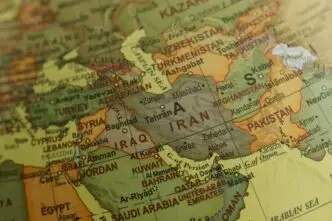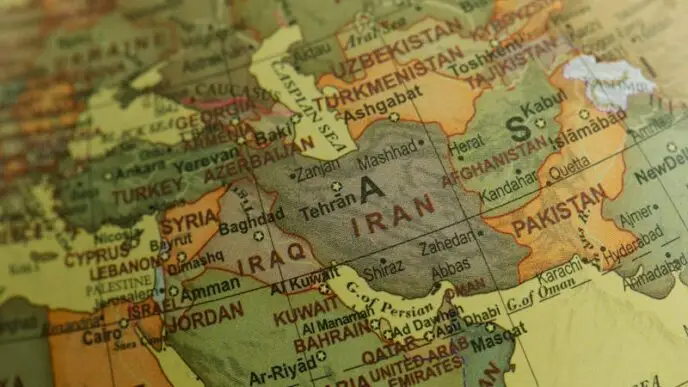Republican Senators Call for Greater International Financial Involvement in Somalia
In a significant turn of events, a group of influential Republican senators are preparing to introduce a bill which seeks to halt funding for the ongoing war against Islamist terror in Somalia. The proposed legislation insists that the United States will cease its financial assistance until Europe, the United Nations (U.N.), and the African Union (A.U.) significantly increase their contributions to the campaign against the militants.
This move comes amidst growing concerns over the financial burden the U.S. is shouldering in the fight against terrorism globally. The Senators argue that the international community, particularly wealthy European nations, the U.N., and the A.U., ought to pay a larger share of the financial costs associated with combating the Islamist insurgency in the East African nation.
Calls for Increased Global Responsibility
The bill represents a significant realignment of the U.S.’s approach to global counter-terrorism funding. It underscores the Senators’ belief that the financial responsibility of combating terror should not fall disproportionately on the United States, especially in regions where the U.S. has less direct strategic interests.
“It is time that our global allies contribute more to these efforts,” one of the Republican senators told reporters. “The United States has carried the financial burden of these operations for too long. Terrorism is a global issue and requires a global solution, and that includes financial contributions.”
Impact on the Campaign Against Terrorism in Somalia
Should the bill be passed, it could have significant implications for the ongoing campaign against Islamist militants in Somalia. The U.S. has been a major contributor to the campaign, providing both financial assistance and military support to Somali forces and African Union troops.
However, the proposed legislation could lead to a potential reduction in aid and support, at least temporarily. This might potentially give the militants an advantage, as the Somali government and African Union forces could struggle to fill the gap left by reduced U.S. support.
Furthermore, the move could also lead to a shift in the regional balance of power. If other nations and organizations are unwilling or unable to increase their funding, it could provide an opportunity for other global powers, such as China or Russia, to step in and increase their influence in the region.
Responses from International Allies
The proposed bill is likely to generate a mixed response among U.S. allies. While some may see it as an opportunity to increase their influence in the region, others might be wary of the increased financial responsibility and potential geopolitical implications.
At the time of writing, the United Nations, the European Union, and the African Union have not formally responded to the proposed legislation. However, these organizations and their member states will undoubtedly closely monitor the situation as it develops, as the outcome could have far-reaching implications for international counter-terrorism funding and cooperation.
As the United States continues to reassess its role in global conflicts and counter-terrorism efforts, the proposed bill represents a potential new direction in U.S. foreign policy – one where the financial burden of such campaigns is expected to be shared more equitably among international allies.













